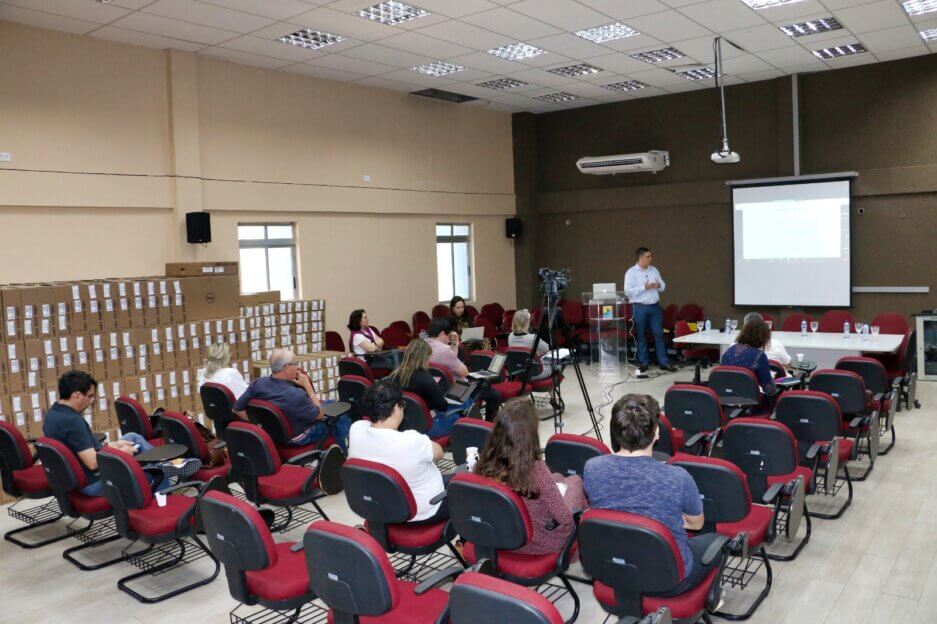By Valéria Credidio – LAIS/UFRN Communication Advisor
The researcher from the Laboratory for Technological Innovation in Health (LAIS/UFRN), Rafael Pinto, is one of the finalists for the 2023 CAPES National Thesis Award. The work entitled “Um Framework para Avaliação Multidimensional de Intervenções em Saúde Pública” (Available only in the Portuguese language: https://repositorio.ufrn.br/handle/123456789/49873) promoted the development of the “Hermes” system, which evaluates public health communication campaigns from the “Syphilis No!” Project in partnership with Athabasca University, Canada.
The Capes Thesis Award is granted to the best doctoral theses defended in 2022, and the “Capes Thesis Grand Award” is given to the best thesis selected among the winners. In addition to the scholarship for a post-doctoral internship in a national institution, the award also offers up to R$ 25,000.00 (twenty-five thousand reais) to the winners in the areas of education and teaching.
According to the thesis supervisor, professor Lyrene Fernandes, this theoretical and practical factor was one of the main points that led to the nomination for the Award. “Rafael’s thesis was a work that involved a lot of theoretical research, but at the same time had an applied aspect, with excellent publication results, tools, and papers derived from it,” argued the professor.
The competing thesis represents the entire Postgraduate Program in Systems and Computation (PPgSC/UFRN) at the 2023 CAPES National Thesis Award and, according to the researcher himself, validates the developed study in several areas of knowledge. “This choice validates the transdisciplinary research developed, involving the areas of Computer Science, Communication, and Public Health and highlights the importance of the results obtained,” Rafael Pinto emphasized.
The Lancet
Aside from the CAPES Award, the mentioned research has already yielded several articles, one of which was featured on the cover of The Lancet, one of the most important scientific publications in the world. The paper entitled “Use of Interrupted Time Series Analysis in Understanding the Course of the Congenital Syphilis Epidemic in Brazil” was published in The Lancet is based on the thesis of researcher Rafael Pinto and counts on the participation of other LAIS/UFRN researchers as authors.

The article reports essential scientific findings in the context of fighting syphilis in Brazil, while also discussing results based on the use of computational methods, with robust statistical linear regression models to measure the effectiveness of public health policies. Linear regression is a mathematical way that scientists use to observe and demonstrate trends, i.e. whether cases are going up or down.
For the executive director of LAIS/UFRN and co-supervisor of the thesis, Professor Ricardo Valentim, all the research work developed by Rafael Pinto can contribute in global health terms, because it creates a more modern and very solid method to analyze the effectiveness of the conduct of public health policies in response to health crises. “Syphilis is an example of a sanitary crisis, which is currently a concern for several countries in the world, including developed countries such as the United States, Canada, and China, which only reinforces the importance of the research developed for the whole world”, he concluded.





